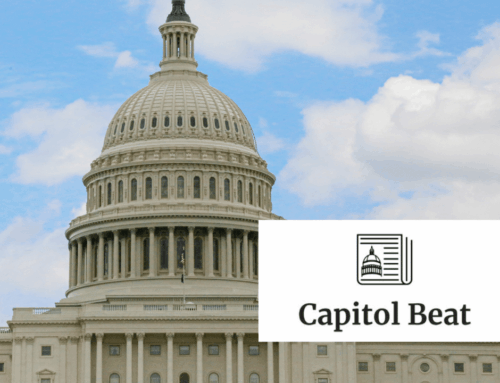As Congress prepares to pass a continuing resolution to approve discretionary spending for the remainder of fiscal year 2013—and talks about how to implement or amend the sequester—we hear a lot of chatter about wasteful spending and ways to reduce the federal budget.
But is spending in the most traditional sense—writing checks or issuing grants either through the discretionary budget or entitlement programs—the only place where there is waste to trim in the federal budget? Not by a longshot.
The tax code is littered with special interest provisions called tax expenditures that reward or incentivize specific industries or activities. In fact, the non-partisan congressional Joint Committee on Taxation (JCT) estimates that tax expenditures result in $1.1 trillion in forgone revenue to the Treasury each year.
The effect of these expenditures is to leave (or in some cases put) more money into the pockets of some businesses and some individuals, and not others, just as writing a check does. And that similarity is the reason that Taxpayers for Common Sense has always treated tax expenditures and spending outlays equally when we are looking for ways to reduce government waste and improve overall policies. They both have the power to distort the market and pick winners and losers through the federal budget process.
And we're not the only people who treat tax expenditures and spending outlays the same way. The JCT acknowledges the economic and budgetary impact of spending and tax expenditures are the same—they have the same effect on the federal balance sheet and provide the same economic benefits to recipients. In fact, the JCT compares them to direct spending—or entitlements—since they benefit according to certain criteria:
- Special income tax provisions are referred to as tax expenditures because they may be analogous to direct outlay programs and may be considered alternative means of accomplishing similar budget policy objectives. Tax expenditures are similar to direct spending programs that function as entitlements to those who meet the established statutory criteria.
- Estimates of tax expenditures are prepared for use in budget analysis. They are a measure of the economic benefits that are provided through the tax laws to various groups of taxpayers and sectors of the economy. The estimates also may be useful in determining the relative merits of achieving specific public goals through tax benefits or direct outlays. It is appropriate to evaluate tax expenditures with respect to cost, distributional consequences, alternative means of provision, and economic effects and to allow policymakers to evaluate the tradeoffs among these and other potentially competing policy goals.
A key point in the JCT statement on tax expenditures is that they should be evaluated. Unfortunately, and unlike discretionary spending, that is rarely done. So you have some very popular tax expenditures, like the deduction for home mortgage interest, that are not being evaluated to see if they work. Indeed economic analysis suggests the mortgage interest deduction isn't working, if the goal is to make home ownership more affordable and prevalent.
And many tax expenditures are not as large or well known as the mortgage interest deduction. For example, there's a provision for NASCAR track owners that would accelerate the depreciation of their improvements to race tracks from as much as 40 years to write-off to seven. So Ricky Bobby of Talladega Nights fame would have nicer grandstands to race around, to the detriment of the federal taxpayer.
Wasteful provisions of the tax code have gotten far less scrutiny than they deserve—each year there is a package of “tax extenders” that renew narrow tax breaks and credits without much evaluation of what the policies do or how much they cost. Since the last major tax reform in 1986, we've witnessed a thatch of tax breaks and credits emerge. It's like the 1986 reforms was fire through the forest of the code and now we've developed a thick underbrush of complexity. If Congress is serious about eliminating waste and putting the country on a sustainable fiscal path, it's time to clean out the code and make taxes simpler, flatter, and fairer.
Written by: Ryan Alexander, president of Taxpayers for Common Sense










